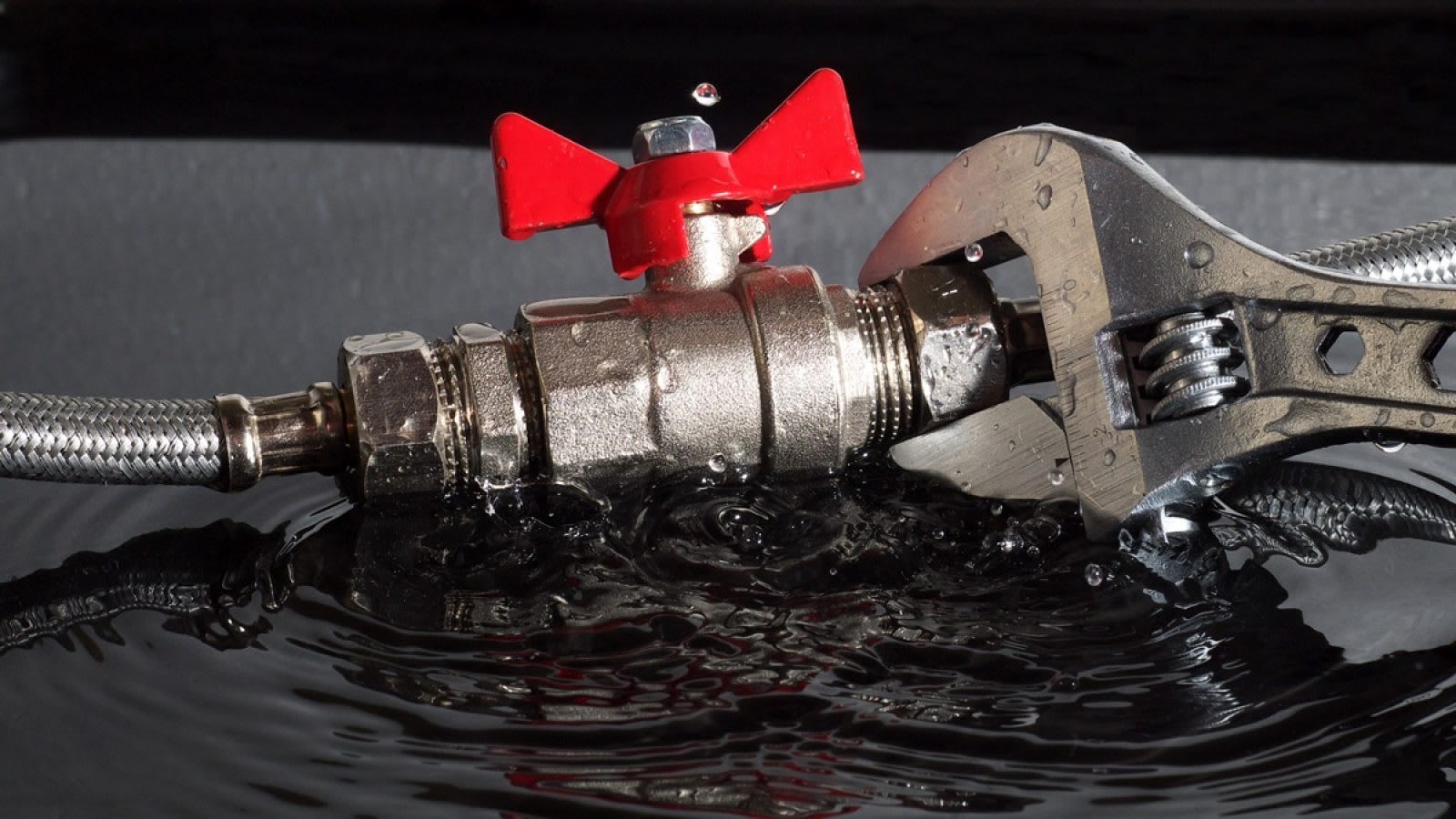Flooding in the UK has unfortunately become more common, with the most destructive bad weather and storm flooding ever recorded happening over the past five years. Rising temperatures and changing weather patterns have been blamed for the problem, as well as homes and properties being constructed on flood-plain areas. No matter how it happens, whether through burst water pipes, structural damage, rivers bursting their banks or flash floods, your priority is to protect your home from flooding and to minimise flood damage.
Action Insurance Repair has extensive experience in home repairs after flood damage, thanks to our close links with recognised insurance brokers and professional loss assessors. Here are our top five tips to reduce damage after your house floods, and how to minimise damage being caused in the future.
1. Get rid of wet insulation and carpets
Once the water in your house has subsided or been pumped away (please take a look at our recent blog post on how to dry out a flooded house for some important information about pumping water out of a cellar or basement), you need to remove anything that may have absorbed water in your home.
This includes carpets, insulation, lino flooring, coats and clothes, cardboard boxes.
These items can retain litres of water, which if not dried out completely before re-installation or replacement can bring water back into your house once it has been dried out. However – and this is important – don’t dispose before an insurance loss adjuster sees the damage. They will need to see the damaged carpets for inspection, and you won’t be able to make a valid claim without seeing them. Unfortunately in these cases, photographs are not proof of damage.
2. Open the windows
Allowing your home to “breathe” after it has been flooded is the best way to dry it out. By opening the windows and any skylights, vents and doors (if possible) you will allow fresh air to ventilate throughout your house, taking damp air with it.
Naturally drying out your house in this way takes time, which is why we can provide dehumidifiers and install them for you to speed up the process.
3. Freeze your books and papers
If you have books and other papers that have been damaged by floodwater that you’d like to try to salvage, try putting them in a frost-free deep-freeze to buy yourself some time. Freezing will halt the damage caused by mould and mildew, and when you’re ready to spend time air-drying them, simply take them out to defrost gently in the open air.
4. Dehumidify
You may already have a dehumidifier to keep the air in your home free of mould-causing damp and condensation during the winter months. These devices are gentle enough to use in your home without causing untoward damage by over-drying (which can happen if you turn on the central heating too soon.)
Renting a large unit or two can be a real time-saver but costs can soon stack up, however should you decide to appoint our team of experts, we can arrange for a professional drying company to help you.
5. Buy flood-prevention devices for your home
Once your home has been dried and you’re ready to begin redecorating and repairing any damaged areas, it’s the perfect time to start thinking about ways to protect your home from any future flood damage.
In flood-prone areas, insurance companies prefer homes to install flood gates, water barriers and toilet pan seals to reduce the risk of soil pipe water from re-entering the house. Having hydrosacks and hydrosnakes stored in your house is also a good idea if you live in an area that’s more likely to flood, as these can help to prevent water damage in lower level rooms.
Take a look at our blog post on reducing the risk of burst water pipes to find out how to protect your home against floods and leaks caused by frozen and burst pipes.
Action Insurance Repair works closely with recognised insurance providers, loss assessors and loss adjustors to ensure our clients get the best possible support to rebuild their homes and properties quickly and with minimum fuss. Call us today on 01254 665 333 to find out how we can help you repair your house after a flood.

